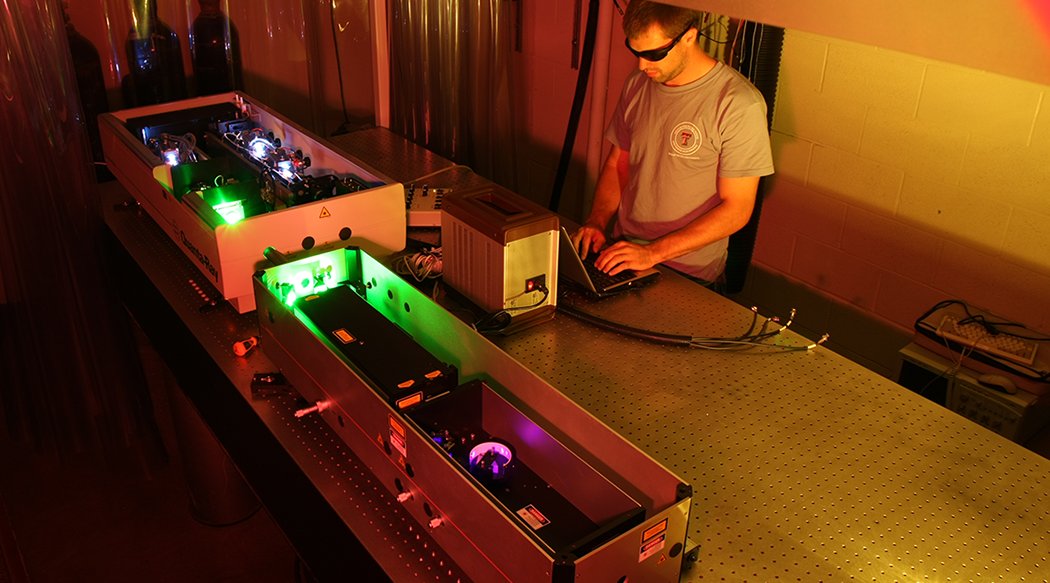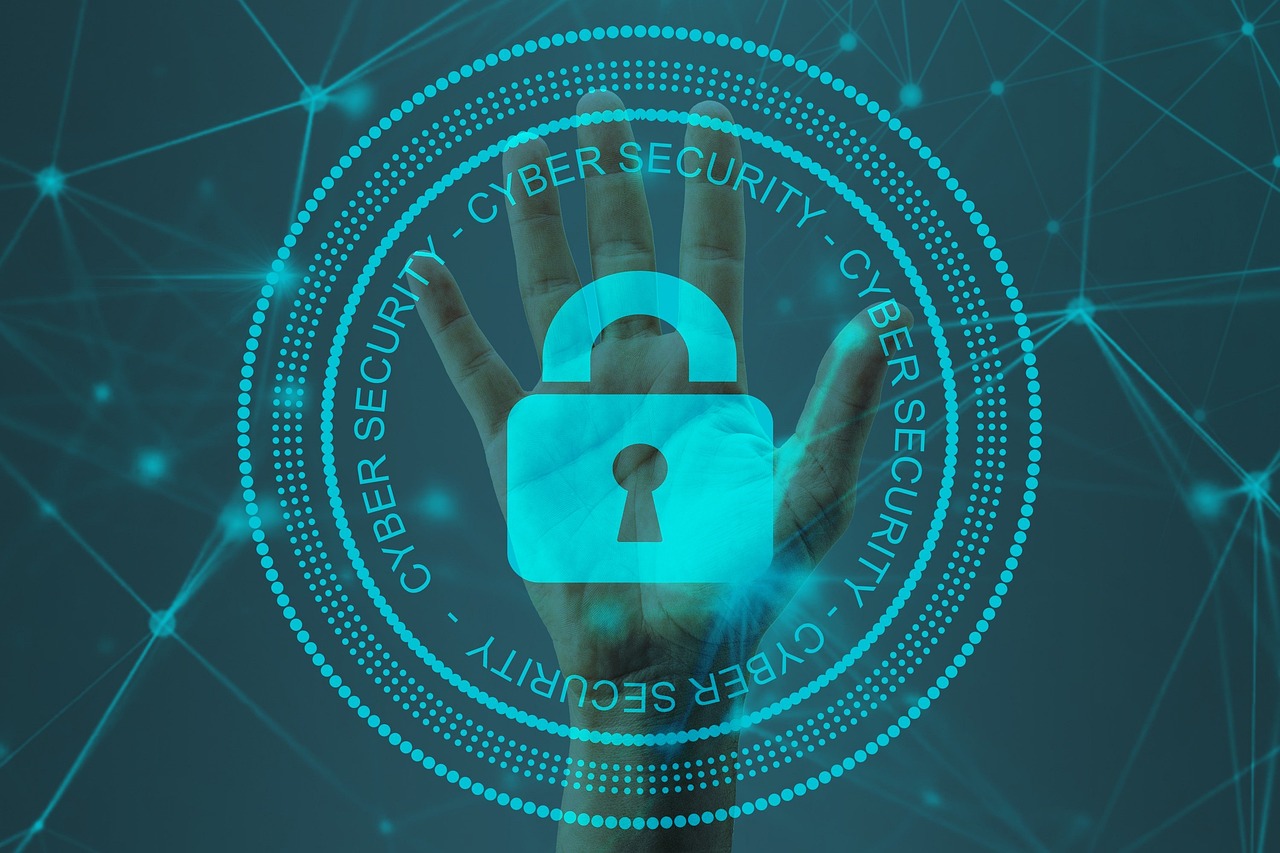Global Laboratory for Energy Asset Management and Manufacturing (GLEAMM)
GLEAMM tests, researches and develops the manufacturing of new electrical grid technologies and next-generation power electronic devices for public and private partners. Microgrid testing translates power system and microgrid technologies from prototype to field deployment.
Microgrids offer clean energy and energy-efficient technologies, flexibility, quick response/control and security during grid- connected and islanded modes. Microgrid testing at GLEAMM's research facility focuses on getting microgrids and microgrid technologies from prototype to field deployment by allowing manufacturers and integrators to test their technology or configuration at actual power before implementation—only possible at a handful of facilities worldwide.
Before field deployments, there is no substitute for testing cybersecurity tools at full power and actual load levels. GLEAMM's cyber-physical research and test platform reduces deployment risks and helps optimize the performance of hardware, communications, and security tools. It is important to simulate the dynamics of both the physical devices and the underlying communication networks, i.e., the communication system used by the cyber-physical system, which can be the target of cyber-attacks.


